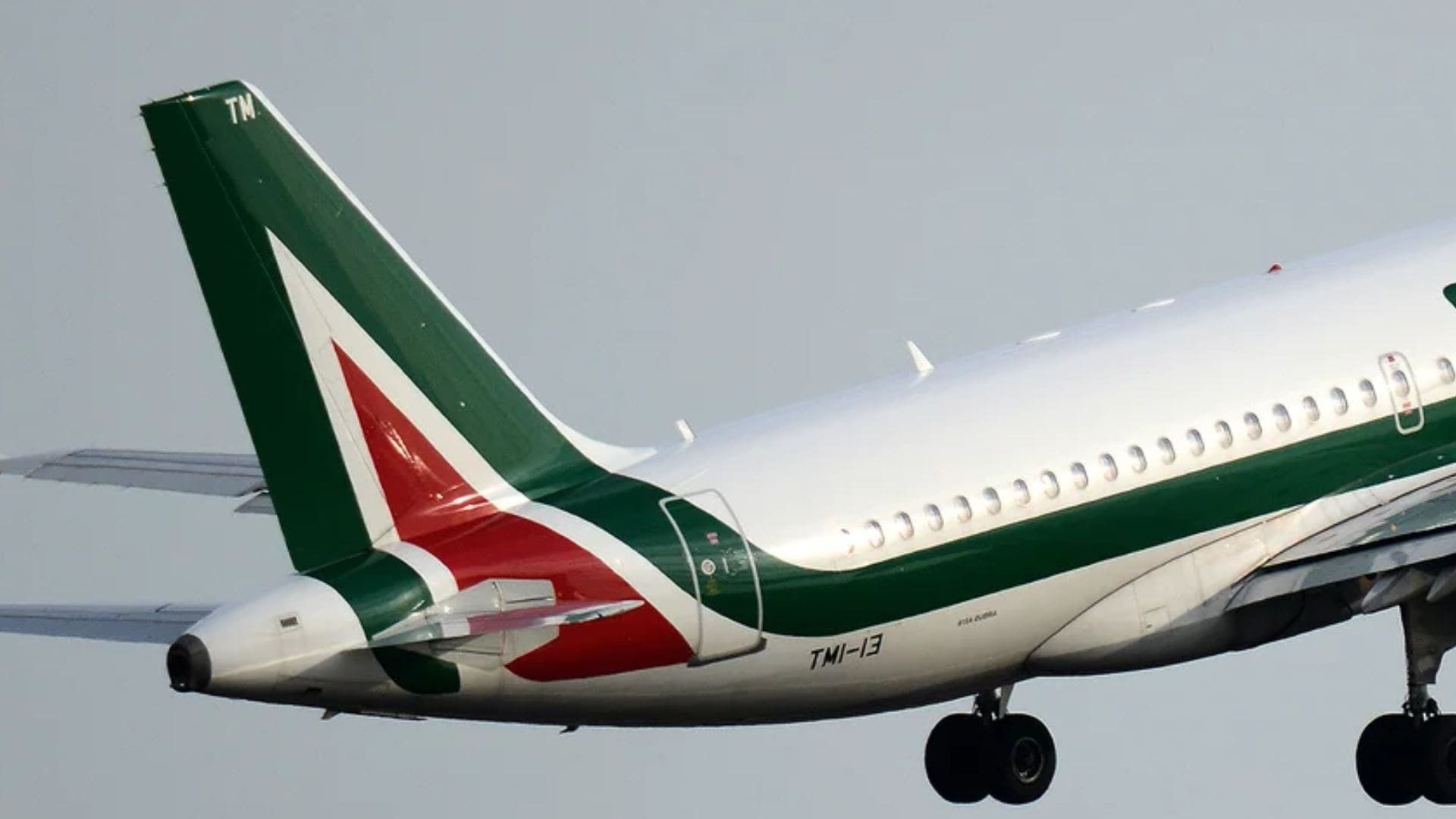Italian SMEs Take Flight: Cross-Fertilization and International Growth in the Aerospace Industry
- Italy | 21 June 2017

Piedmontese companies in Italy, which initially served the automotive sector, have successfully transitioned their expertise to the aerospace industry through a process known as cross-fertilization. These companies have leveraged their knowledge and experience to cater to the specific needs of the aviation sector, establishing themselves as key players in the global aerospace market. With a focus on innovation, international expansion, and versatility, these Italian SMEs have secured contracts and partnerships with renowned aerospace companies, propelling their growth and reputation in the industry.
Founded in 1955 as a welding equipment provider for Lancia, Bisiach & Carrù gradually expanded its operations to include trucks, military vehicles, and eventually railway cars. Drawing upon its expertise and experience, the company developed the Tauro Gantry system of assembly. This success paved the way for venturing into the aerospace sector, which now represents one of its most important industries. Notably, Bisiach & Carrù’s technology, initially developed for other sectors, caught the attention of Boeing, leading to significant contracts involving the manufacturing process for aircraft like the 787 and collaboration with Airbus on projects such as the A380.
Initially an engineering company catering to the automotive industry, Blue Engineering wisely diversified its portfolio to mitigate risk. Around 30% of its workforce now focuses on aerospace projects, utilizing their engineering expertise across multiple sectors to enhance existing product applications. The company’s center of competence, comprising 10% of its staff, possesses specialized knowledge in specific segments, while the remaining employees are high-level engineers capable of working on components across various industries. This flexible structure has enabled Blue Engineering to expand internationally, with the majority of its revenue now generated outside Italy, as it undertakes important projects in countries such as Russia, France, Turkey, and the United States.
Numerical control manufacturer Fidia has adopted an operating model that places only 10% of its turnover from Italian business. By establishing fully owned subsidiaries worldwide, particularly in Europe, the Americas, and China, the company has taken control of the entire supply chain, from manufacturing to distribution and after-sales care. Fidia’s strategic positioning, leveraging Italy’s reputation for quality and innovation in machinery design and production, has positioned it as a global competitor, facing off against rivals from Germany and Japan.
APR and Mepit, two Turin-based companies, have gained recognition for their cutting-edge technology and were recently awarded contracts with Pratt & Whitney to work on the Lockheed Martin F35 fighter jet engine. These achievements underscore the advancements made by Italian SMEs in the aerospace sector. Mepit, a component manufacturer, secured a $7 million 10-year supplier deal, while APR, a testing company, has witnessed substantial growth since its acquisition by TÜV SÜD in 2012. With 40% of its turnover attributed to the aerospace segment, Bytest, another Piedmontese testing company, has already secured a significant 10-year contract with Rolls-Royce Engines in Italy and anticipates continued growth and long-term business opportunities in the aerospace industry.
Italian SMEs in the aerospace industry exemplify the power of cross-fertilization, where expertise gained in one sector is successfully transferred to another. With a focus on innovation, international expansion, and adaptability, companies like Bisiach & Carrù, Blue Engineering, Fidia, APR, Mepit, and Bytest have carved out their positions as key players in the global aerospace market. Their success demonstrates the potential for SMEs to thrive and contribute to the growth of the industry, while also showcasing Italy’s capabilities in delivering quality and innovative solutions to meet the demands of the aviation sector.








